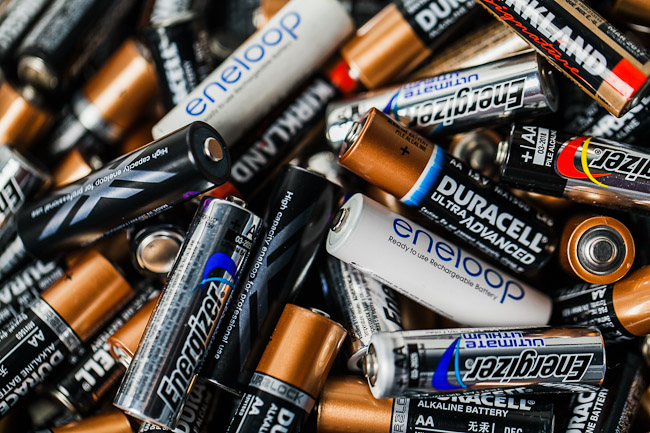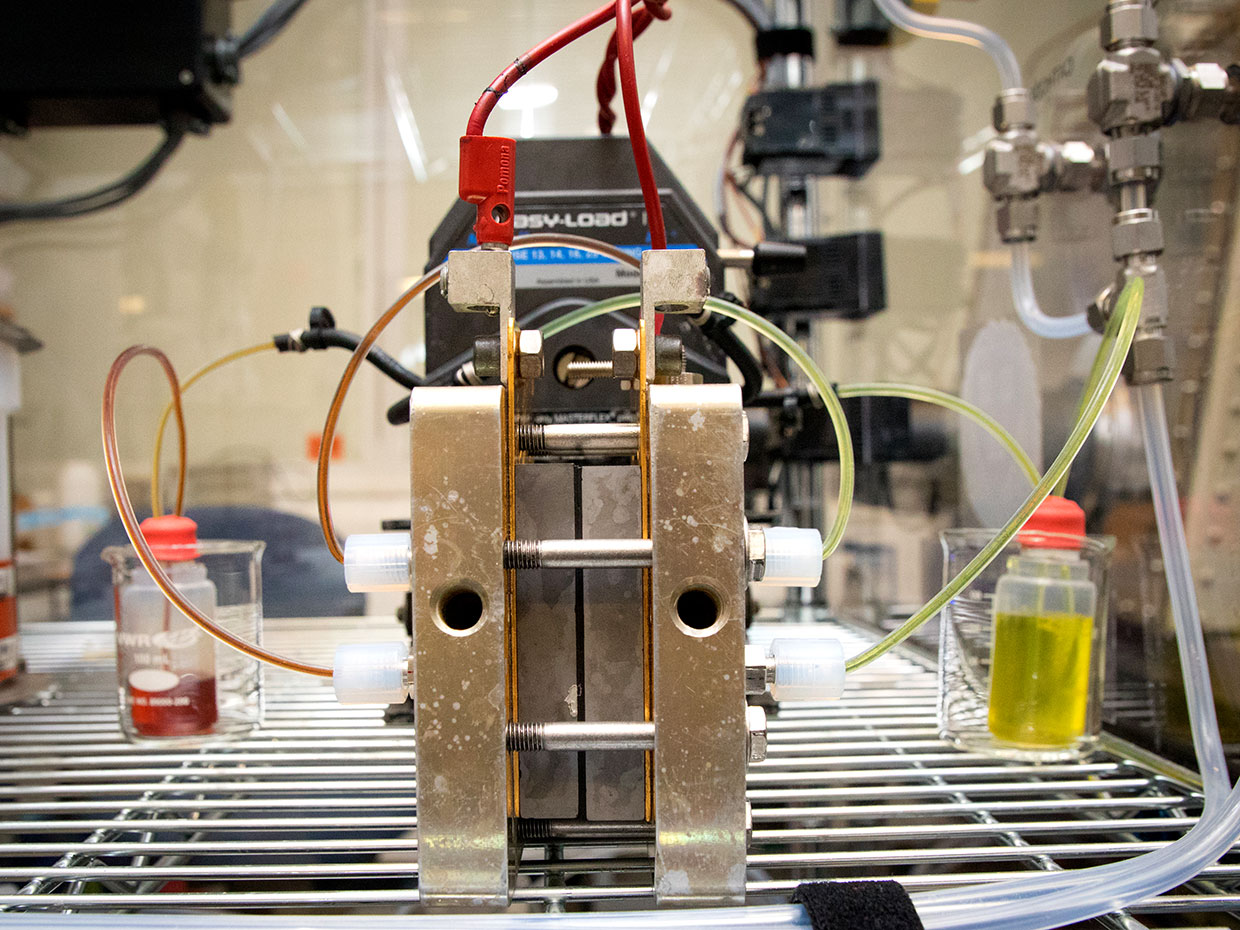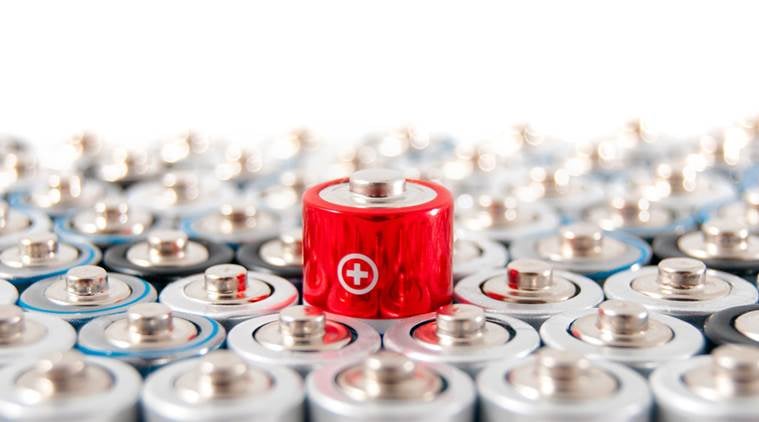Imagine you’re poised to take a “right-place-right-time” photo. Or you’re in the latter stages of booking a flight on your tablet. Or after some pearls of persuasion, someone is finally entering their number into your phone. Then… Blank! The battery has died on you. “What!?”, you seethe, “I only just charged the darn thing last night!” Indeed, poor battery performance is the bane of our existence — especially when we run out of battery at a critical moment.
Well these moments of exasperation could soon be a thing of the past. Researchers from Harvard University claim to have developed the longest-lasting high-performance organic flow battery to date. We’re talking weeks, even years. (As in the Energizer Bunny would have collapsed and be in the latter stages of decomposition by the time this battery runs out…)
The new battery is based on an organic chemical species affectionately known as ‘Methuselah Quinone’, (Methuselah being the name of the oldest person mentioned in the Bible). We’ll talk a little bit about quinones later. Let’s first establish what an organic flow battery is.

What Are Organic Flow Batteries?
So, redox reactions are behind battery function. Redox reactions involve the transfer of electrons between two substances. And, put simply, the flow of electrons through a conductive pathway (in many cases, a wire) is known as electricity.
The two compounds in batteries, between which the redox reaction occurs, are typically inorganic. In other words, neither compound contains carbon atoms in their molecular structure. Liquids or gels within the battery that support the reaction often consist of inorganic compounds too. Organic flow batteries, on the other hand, utilize compounds that contain carbon in their structures (i.e. are organic).
Organic flow batteries are said to be safe, environmentally friendly, and low cost. As such, the battery presents as an alternative to the commonly used lithium ion batteries and vanadium flow batteries. And as this research shows, they are long-lasting to boot.

The Team’s Quinone-Based Battery
A class of organic, naturally-occurring compounds known as ‘quinones’ are of particular interest. According to an auxiliary article by Michael J. Aziz, materials scientist from Harvard University, quinones undergo rapid and reversible two-electron, two-proton redox reactions. Furthermore, the molecule can store and release energy tens of thousands of times over.
So, the researchers set about using this molecule in a fully functional battery.
After the battery was made, tests were conducted to determine its efficiency. What the researchers found was pretty astonishing. ‘The Methuselah molecule had a fade rate of less than 0.01 percent per day and less than 0.001 percent per charge/discharge cycle — which extrapolates to less than 3 percent degradation over the course of a year — and useful operation for tens of thousands of cycles,’ they explained. That’s some serious longevity.

What This Development Means for You
As long as we carry portable electronic devices, we will need electricity storage technology. This is especially true as portable devices become more advanced. And as the news release cited above highlights, ‘solar and wind energy can supply all the necessary energy. However, storage will be needed when the sun is not shining, and the wind is not blowing.’
As a result, scientists are working towards understanding novel chemical processes for inclusion in improved energy storage technology. The recent work of researchers from Harvard has demonstrated the potential of so-called ‘Methuselah Quinone’ to deliver stable, long-term and commercially viable batteries.
So, in terms of improving the effectiveness and flexibility of renewable energy, it’s great news. But, imagine for a moment what it would be like to have Methuselah Quinone working its magic in your very own device… Weeks and weeks of worry-free photo taking, online flight booking and phone number entering indeed!

